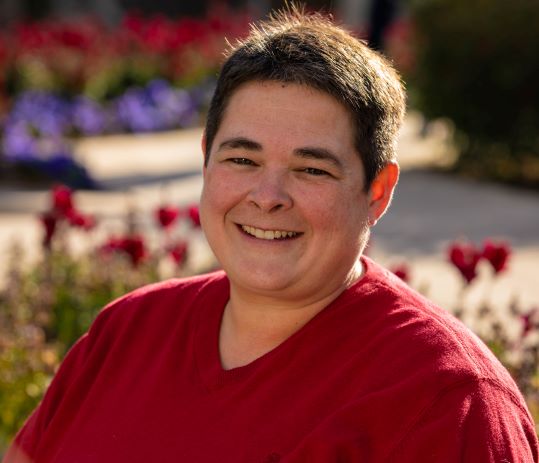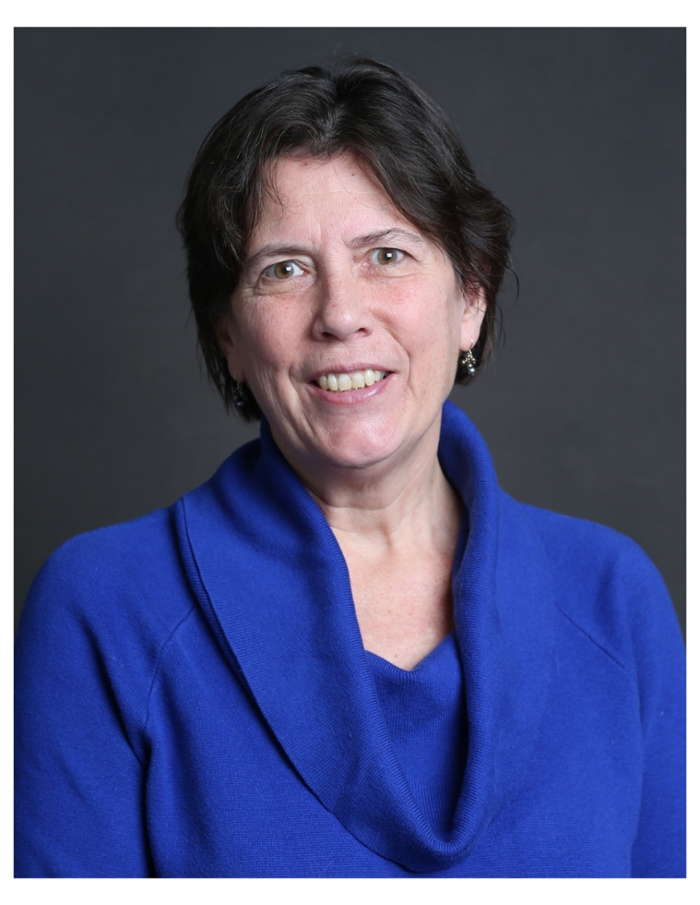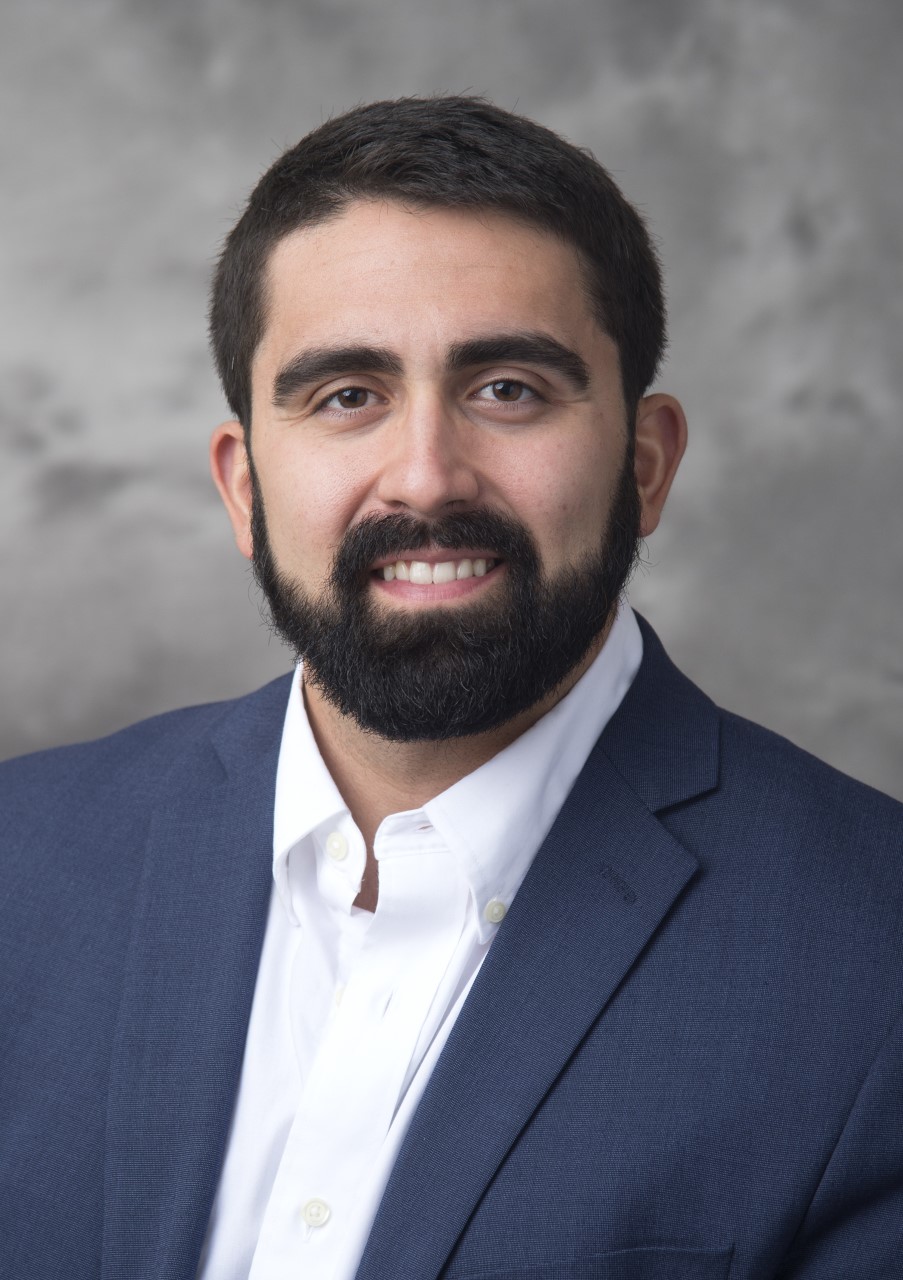Purdue University Elmore Family School of Electrical and Computer Engineering Misinformation and Disinformation Panel
Panel Topic
Join us as our panelists break down how to approach and counteract misinformation and disinformation. RSVP for this event on the Agenda page.
Friday, April 8th 10:00 AM - 12:00 PM EST
Panelists
 Jennifer Earl is a Professor of Sociology and (by courtesy) Government and Public Policy at the University of Arizona. She is Director Emeritus of the Center for Information Technology and Society and Director Emeritus of the Technology and Society PhD Emphasis, both at University of California, Santa Barbara. Her research focuses on social movements, information technologies, and the sociology of law, with research emphases on Internet activism, social movement repression, youth activism, and legal change. She is the recipient of a National Science Foundation CAREER Award for research from 2006-2011 on Web activism. She was also a member of the MacArthur Research Network on Youth and Participatory Politics. She has published widely, including an MIT Press book, co-authored with Katrina Kimport, entitled Digitally Enabled Social Change, which examines how the use of Internet affordances are reshaping the basic dynamics of protest online and was awarded an Honorable Mention for the Communication and Information Technologies Section of the American Sociological Association’s Book Award in 2013. She was inducted in 2016 to the Sociological Research Association, an honorary association for sociological researchers. She is also the winner of a career achievement award from the Communication, Information Technologies, and Media Sociology Section of the American Sociological Association, the recipient of a university-award for excellence in undergraduate research mentoring in 2010-2011, and the recipient of a university-wide award for the most outstanding assistant professor on her campus in 2005-2006. She has received over 1.25 million in grant funding post-PhD.
Jennifer Earl is a Professor of Sociology and (by courtesy) Government and Public Policy at the University of Arizona. She is Director Emeritus of the Center for Information Technology and Society and Director Emeritus of the Technology and Society PhD Emphasis, both at University of California, Santa Barbara. Her research focuses on social movements, information technologies, and the sociology of law, with research emphases on Internet activism, social movement repression, youth activism, and legal change. She is the recipient of a National Science Foundation CAREER Award for research from 2006-2011 on Web activism. She was also a member of the MacArthur Research Network on Youth and Participatory Politics. She has published widely, including an MIT Press book, co-authored with Katrina Kimport, entitled Digitally Enabled Social Change, which examines how the use of Internet affordances are reshaping the basic dynamics of protest online and was awarded an Honorable Mention for the Communication and Information Technologies Section of the American Sociological Association’s Book Award in 2013. She was inducted in 2016 to the Sociological Research Association, an honorary association for sociological researchers. She is also the winner of a career achievement award from the Communication, Information Technologies, and Media Sociology Section of the American Sociological Association, the recipient of a university-award for excellence in undergraduate research mentoring in 2010-2011, and the recipient of a university-wide award for the most outstanding assistant professor on her campus in 2005-2006. She has received over 1.25 million in grant funding post-PhD. Dr. Pfeiffer is an Assistant Professor of Science Communication with the Department of Agricultural Science Education and Communication at Purdue University. Dr. Pfeiffer’s specialty area is in Science Communication, the communication of science to non-technical audiences. Research in the Pfeiffer lab focuses on factors influencing public conceptualization of science, systematic factors that influence the democratization of science, and the influence of political polarization on understanding of science issues.
Dr. Pfeiffer is an Assistant Professor of Science Communication with the Department of Agricultural Science Education and Communication at Purdue University. Dr. Pfeiffer’s specialty area is in Science Communication, the communication of science to non-technical audiences. Research in the Pfeiffer lab focuses on factors influencing public conceptualization of science, systematic factors that influence the democratization of science, and the influence of political polarization on understanding of science issues. Deana A. Rohlinger is a Professor of Sociology and Director of Research for the Institute of Politics at Florida State University. She is the author of Abortion Politics, Mass Media, and Social Movements in America (Cambridge University Press, 2015), New Media and Society (New York University Press, 2019) and more than 50 research articles and book chapters on digital media, political participation, and American politics. Deana is the former chair of the American Sociological Association’s section on Communication, Information Technologies and Media Sociology, chair-elect of the American Sociological Association’s section on Collective Behavior and Social Movements, and a member of the National Institute for Civil Discourse Research Network. Deana’s current research explores incivility, polarization, and extremism in individual claims making around political controversies, including Supreme Court hearings and school shootings.
Deana A. Rohlinger is a Professor of Sociology and Director of Research for the Institute of Politics at Florida State University. She is the author of Abortion Politics, Mass Media, and Social Movements in America (Cambridge University Press, 2015), New Media and Society (New York University Press, 2019) and more than 50 research articles and book chapters on digital media, political participation, and American politics. Deana is the former chair of the American Sociological Association’s section on Communication, Information Technologies and Media Sociology, chair-elect of the American Sociological Association’s section on Collective Behavior and Social Movements, and a member of the National Institute for Civil Discourse Research Network. Deana’s current research explores incivility, polarization, and extremism in individual claims making around political controversies, including Supreme Court hearings and school shootings. Fernando Tormos-Aponte is an Assistant Professor of Public Policy and Political Science at the University of Maryland Baltimore County, a Kendall Fellow at the Union of Concerned Scientists, and a Visiting Scholar at Johns Hopkins University. He earned his MA and PhD in Political Science from Purdue University, West Lafayette, and a BA from the Universidad de Puerto Rico—Río Piedras. Dr. Tormos-Aponte specializes in social movements, identity politics, social policy, and transnational politics. His research focuses on how social movements cope with internal divisions and gain political influence. Tormos- Aponte’s work has appeared in Politics, Groups, and Identities, Environmental Policy and Governance, Public Administration Review, Social Politics, Alternautas, PS: Political Science and Politics. His public writing has appeared in The New York Times, The Washington Post, Nueva Sociedad, Jacobin, In These Times, Undisciplined Environments, and Latino Rebels.
Fernando Tormos-Aponte is an Assistant Professor of Public Policy and Political Science at the University of Maryland Baltimore County, a Kendall Fellow at the Union of Concerned Scientists, and a Visiting Scholar at Johns Hopkins University. He earned his MA and PhD in Political Science from Purdue University, West Lafayette, and a BA from the Universidad de Puerto Rico—Río Piedras. Dr. Tormos-Aponte specializes in social movements, identity politics, social policy, and transnational politics. His research focuses on how social movements cope with internal divisions and gain political influence. Tormos- Aponte’s work has appeared in Politics, Groups, and Identities, Environmental Policy and Governance, Public Administration Review, Social Politics, Alternautas, PS: Political Science and Politics. His public writing has appeared in The New York Times, The Washington Post, Nueva Sociedad, Jacobin, In These Times, Undisciplined Environments, and Latino Rebels.